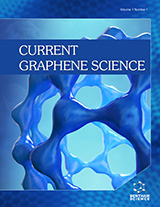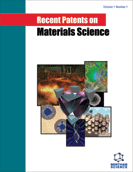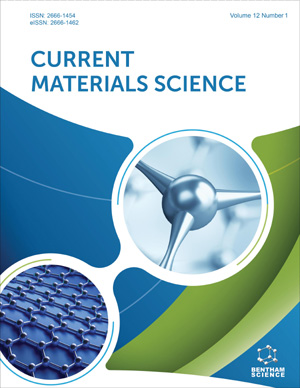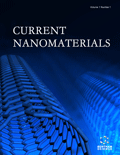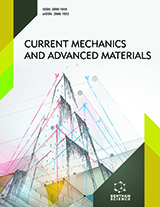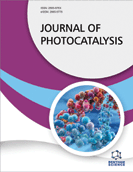Abstract
The article examines and explores the impact of pre-strain on resistance to
fatigue crack propagation (FCP) via analytical models. Most of the materials during
service and processing have gone through preexisting strain due to strain-invigorating
processes. It is an utmost priority of any low-weight and high strength structural
requirement. The numerical study is based on aluminum alloy 7475 with T7375 heat
treatment, which is a candidate material for the aerospace industry due to its
mechanical properties. In this paper, virgin and pre-strained Aluminum7475, 2.54 &
5% are explored in the time-invariant loading for load or stress ratio (R) of 0, 0.1, and
0.4 (minimum stress/maximum stress) via fatigue crack propagation model Paris and
Crack annealing model. The model selected for the study is rooted in small-scale
yielding theory which is based on linear elastic fracture mechanics (LEFM) without
crack closure and accounting crack closure (CL). The emphasis on crack closure
behavior before and after the pre-strain of material. Effects of load ratio 0, 0.1, and 0.4
have been studied via crack closure models- Elber, Newman, and Virtual crack
annealing model. A comparative study of fatigue crack propagation Paris & Crack
annealing model forecast has been presented for virgin and strained conditions. The
predictions are validated via experimental data. Prediction error analysis has been
presented in the forecast and actual data.



